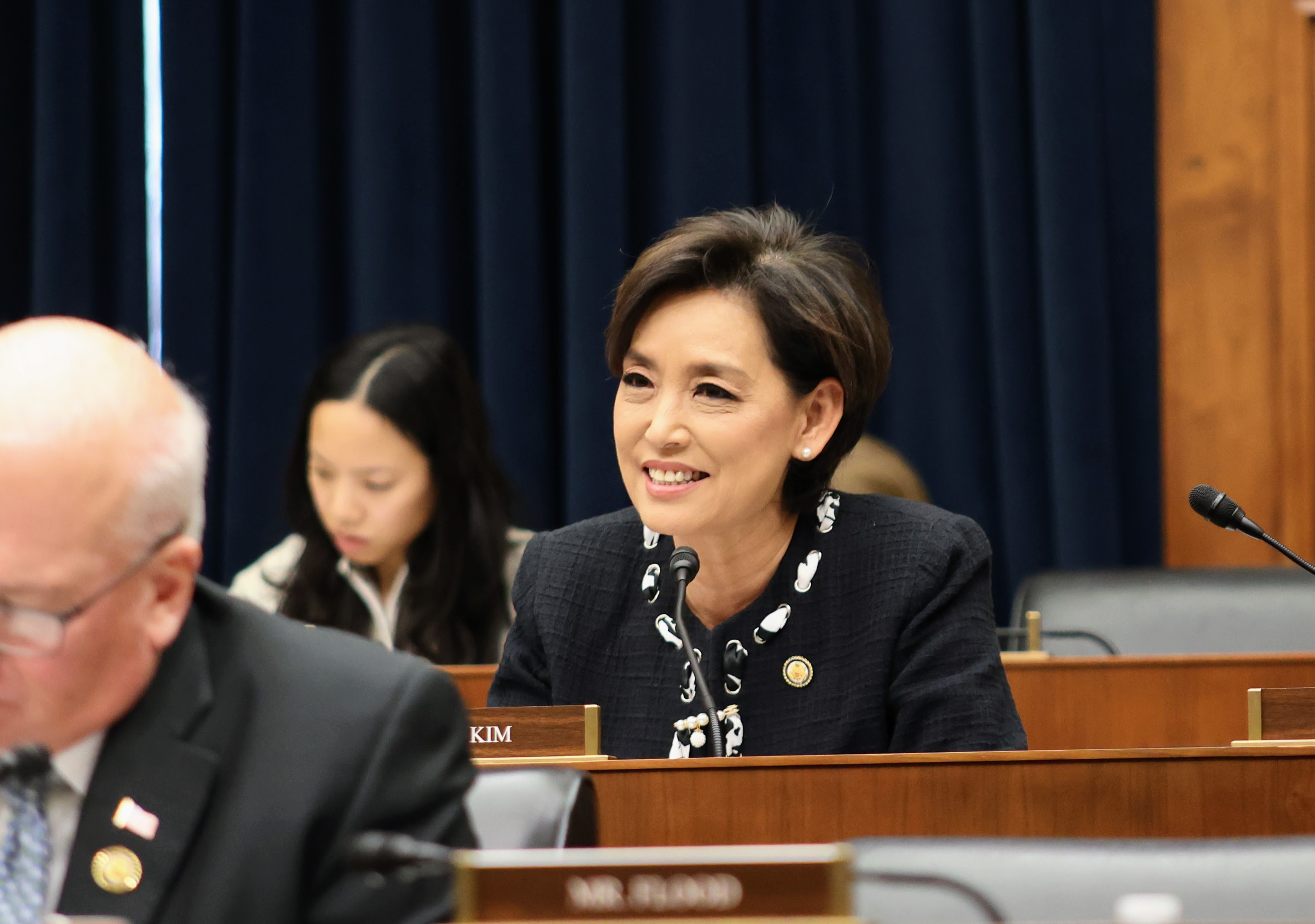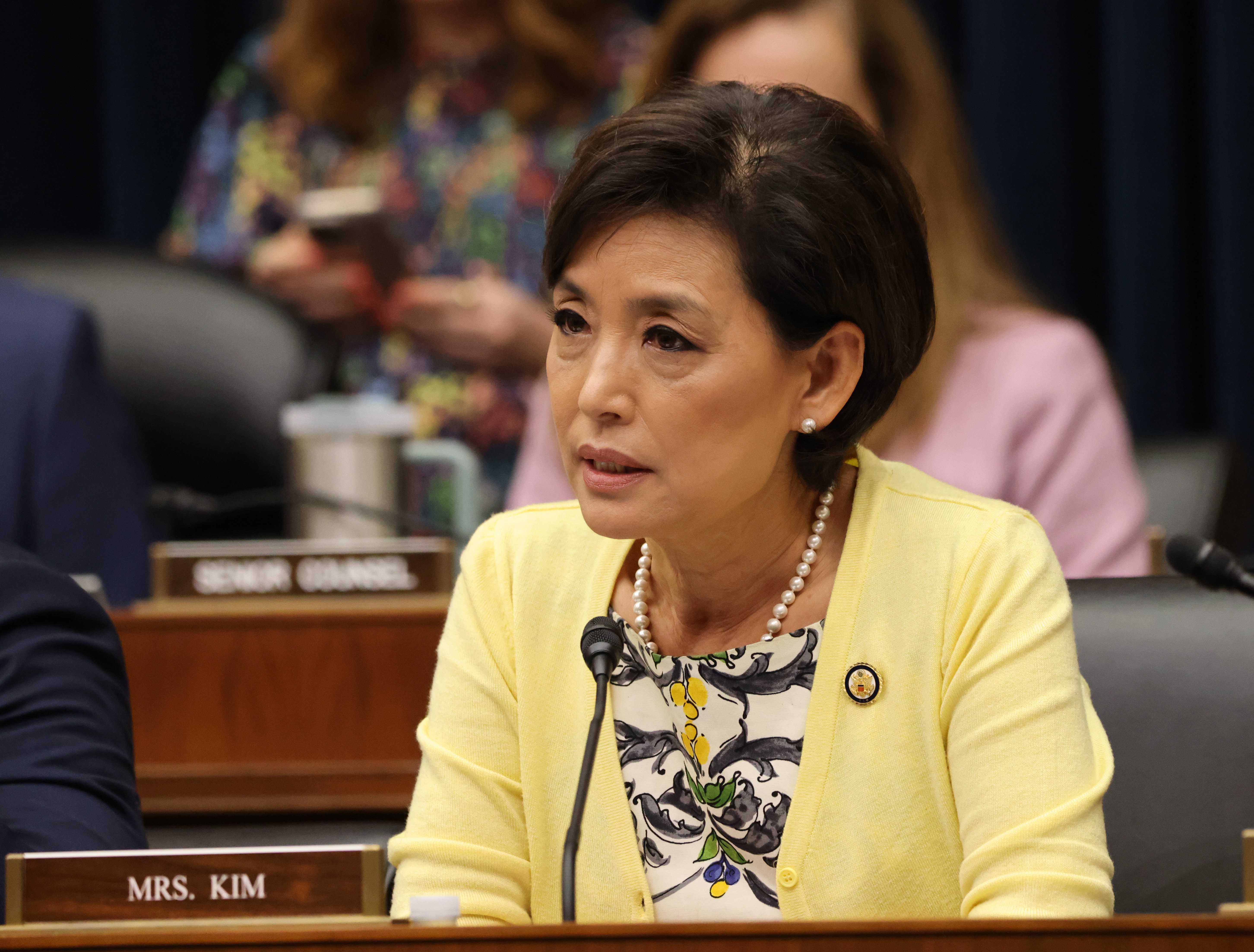During the House Committee on Natural Resources markup session on 16 April 2024, the committee ordered four bills related to geothermal energy regulations to be reported to the House of Representatives. These bills largely seek to streamline the permitting process for geothermal energy production projects on federal lands.
Two of the bills, H.R. 7370 (the Geothermal Energy Opportunity Act) and H.R. 7422 (the Geothermal Cost-Recovery Authority Act of 2024) were approved with bipartisan support. H.R. 7370, a bipartisan bill introduced by Rep. John Curtis (R-UT-3), would create a categorical exclusion for geothermal exploration drilling and well-field development, akin to oil and gas permitting. The bill would also direct the Bureau of Land Management to hold geothermal lease sales more frequently and expedite the leasing process, with the goal of expanding geothermal energy in the United States to meet rising energy needs. H.R. 7422, introduced by Rep. Alexandria Ocasio-Cortez (D-NY-14), amends the Geothermal Steam Act of 1970 to require holders of geothermal leases to reimburse the United States for costs related to application and permit processing, as well as inspection and monitoring of these sites.
The two other geothermal bills discussed during the markup session were H.R. 6482 (the Enhancing Geothermal Production on Federal Lands Act) and H.R. 7409 (the Harnessing Energy at Thermal Sources [HEATS] Act).
H.R. 6482, introduced by Mr. Fulcher, would amend the Geothermal Steam Act of 1970 to streamline the permitting process for geothermal projects on federal lands and direct the Secretary of the Interior to designate leasing priority areas on federal lands that are economically viable for geothermal energy production. Mr. Fulcher said of geothermal energy, “It’s a domestic source of reliable, renewable energy. It’s available 24 hours a day, 365 days a year. This bill is designed to help speed up that permitting so that we can take advantage of that good, clean, reliable source and its benefits.” An amendment introduced by Rep. Jared Huffman (D-CA-2) would have eliminated section 2 of the bill, which he argued creates a categorical exclusion for geothermal exploration projects legislatively, bypassing the Bureau of Land Management’s ability to create these exclusions. Categorical exclusions are categories of actions that federal agencies have determined do not have a significant impact on the human environment, eliminating the need for additional environmental assessments. This amendment was ultimately voted down, with Mr. Fulcher stating that he prefers a legislative approach to the exclusions, rather than relying on the agencies. In response, Rep. Garret Graves (R-LA-6) proposed an amendment, which was ultimately adopted, that recognizes the findings on the importance of the regulatory process that Mr. Huffman discussed, while keeping the legislative approach to the categorical exclusions.
H.R. 7409, introduced by Representatives Young Kim (R-CA-40) and John Duarte (R-CA-13), seeks to expedite the development of geothermal energy projects on nonfederal lands by clarifying that geothermal operators would not need a federal drilling permit for wells on state or private lands “where the subsurface geothermal estate is less than 50% federal.” Committee Chair Bruce Westerman (R-AR-4) said in support of the bill, “It is a common-sense bill that would expedite the development of geothermal energy on nonfederal lands containing federal minerals.” Under this bill, geothermal projects would still require state permits but would not be required to go through the federal permitting process. This would effectively waive all federal requirements under policies like NEPA, The National Historic Preservation Act, and the Endangered Species Act for these projects. During the discussion on this bill, Mr. Huffman raised concerns, saying, “Under the circumstances laid out in this bill, all federal oversight would be eliminated, along with public input and consultation, including tribal consultation requirements.” He went on to say, “To ensure we have a safe, clean development of these projects on federal lands, we actually need more environmental review, not less.”
At the end of the markup session, each of these bills was ultimately passed by the committee and reported favorably to the House of Representatives, which will need to pass another vote before being sent to the Senate. A quote from Mr. Huffman, discussing H.R. 6482, best summarizes the back-and-forth nature of this committee markup session: “There are new advances in geothermal technology, and this presents a promising avenue for sustainable and renewable power generation that can help reduce our dependence on polluting fossil fuel, so I am excited about that. But as with all energy development, geothermal projects need to be held to high standards, especially on our public lands.”




